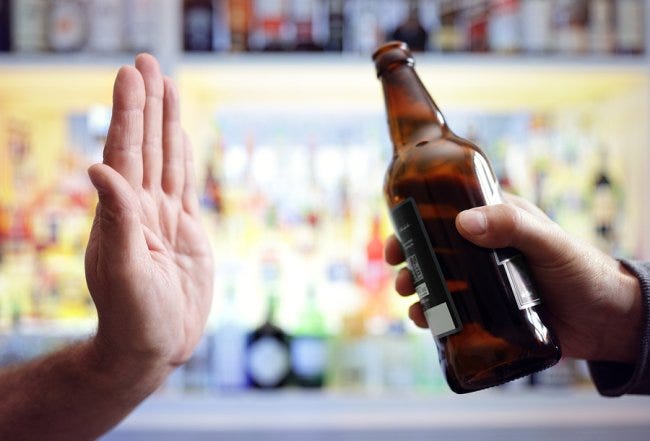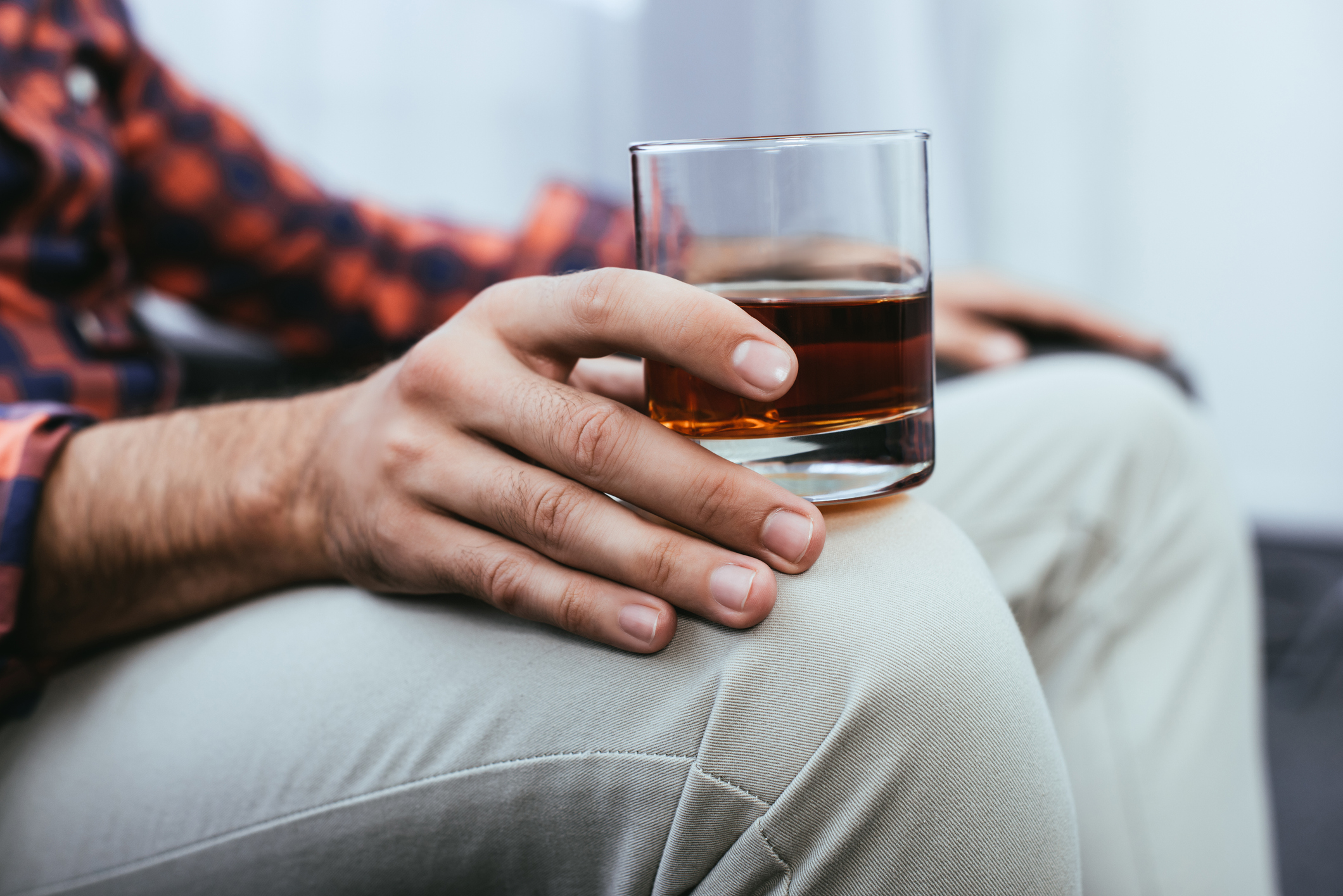When you undergo a vasectomy, one of the first questions that might come to mind is: “How long after a vasectomy can I drink alcohol?” The short answer is that you should wait at least 24 to 48 hours before consuming alcohol.
This initial period allows your body to start the healing process without the interference of alcohol. However, the specifics can vary depending on individual health factors and the advice of your healthcare provider.
Let’s delve deeper into why this is advised and how alcohol can impact your recovery.
Understanding the Vasectomy Procedure
A vasectomy is a minor surgical procedure that involves cutting or blocking the vas deferens, the tubes that carry sperm from the testicles to the urethra. The procedure is usually quick, taking about 30 minutes, and is performed under local anesthesia.
Recommended: Do Men Still Feel Pleasure After a Vasectomy?
While it’s minimally invasive, it still requires proper post-operative care to ensure a smooth recovery and prevent complications.
Why Avoid Alcohol Immediately After Surgery?
Alcohol can interfere with the healing process in several ways. First, it can thin your blood, which might increase the risk of bleeding and bruising at the surgical site.
Secondly, alcohol can impair your judgment and coordination, making it more likely for you to accidentally bump or injure the area. Additionally, alcohol can dehydrate your body, which is not conducive to healing.

After the vasectomy, your body needs time to start healing. During the first 24 to 48 hours, it’s crucial to rest, keep the surgical area clean, and follow your doctor’s instructions. Avoid strenuous activities and heavy lifting to prevent unnecessary strain on the surgical site.
Recommended: Will I Last Longer After a Vasectomy?
Alcohol and Pain Management
Pain management after a vasectomy often involves over-the-counter pain relievers such as ibuprofen or acetaminophen. These medications can help reduce inflammation and discomfort.
However, mixing these pain relievers with alcohol can cause adverse effects. For instance, combining alcohol with acetaminophen can increase the risk of liver damage, while mixing alcohol with ibuprofen can irritate your stomach lining and lead to gastrointestinal issues.
Recommended: Can You Drink Alcohol After Taking Abortion Pill?
It’s important to monitor your pain levels and ensure you’re not over-relying on pain medication. Alcohol might dull your pain temporarily, but it doesn’t address the underlying healing process. Proper pain management includes rest, ice packs, and prescribed medications taken as directed.

When Can You Safely Drink Alcohol?
While the initial recommendation is to avoid alcohol for 24 to 48 hours, it’s wise to wait until you’re no longer taking pain medications and feel stable on your feet. Most doctors suggest waiting about a week before consuming alcohol, giving your body ample time to initiate the healing process without any hindrances.
Each person’s recovery can differ. Some may feel ready to resume normal activities, including moderate alcohol consumption, within a few days, while others may need more time.
Recommended: Does Ovulation Make You Sleepy?
Pay attention to your body’s signals. If you experience any unusual symptoms such as increased pain, swelling, or bleeding, contact your healthcare provider immediately.
Potential Complications of Alcohol on Recovery
1. Infection Risk
One of the potential complications after a vasectomy is infection. Signs of infection include redness, swelling, and discharge from the surgical site. Alcohol can weaken your immune system, making it harder for your body to fight off infections.
Ensuring that your body’s defenses are strong during the recovery period is essential, so avoiding alcohol can help reduce this risk.
2. Impact on Healing
Proper healing requires good nutrition, adequate hydration, and minimal stress on the body. Alcohol can interfere with these factors by depleting essential nutrients, causing dehydration, and potentially leading to poor sleep quality. All these factors combined can slow down your recovery process.
Recommended: What Causes Erectile Dysfunction in Your 50s?
Tips for a Smooth Recovery
1. Hydration and Nutrition
Staying hydrated and eating a balanced diet rich in vitamins and minerals can support your body’s healing. Drink plenty of water, and include fruits, vegetables, lean proteins, and whole grains in your diet. Avoid foods and beverages that can dehydrate you or provide little nutritional value.
2. Rest and Care
Giving your body the rest it needs is crucial. Avoiding heavy lifting, strenuous activities, and unnecessary movements can prevent complications and speed up your recovery.
Follow your doctor’s post-operative care instructions diligently, including keeping the surgical site clean and wearing supportive underwear as advised.

How to Gradually Reintroduction Alcohol
Once you feel ready to reintroduce alcohol, do so in moderation. Start with a small amount to see how your body reacts. Monitor for any signs of discomfort or adverse reactions. If you notice any negative effects, it’s best to hold off and consult your doctor.
Recommended: Can Sex Make You Constipated?
Opt for beverages that are less likely to cause dehydration or irritate your stomach. Beer and wine, in moderation, may be better choices than hard liquor, which can be more dehydrating and harder on your system.
Conclusion
A vasectomy is a straightforward procedure, but proper post-operative care is essential for a smooth recovery. While the temptation to celebrate your newfound freedom from contraception might be strong, it’s important to prioritize your health. Waiting at least 24 to 48 hours before drinking alcohol is a good start, but giving your body a full week or more to heal without alcohol is even better.
Always listen to your body and follow your doctor’s advice. By taking these steps, you can ensure a faster and smoother recovery, allowing you to return to your normal activities, including enjoying a drink, with confidence and safety.
